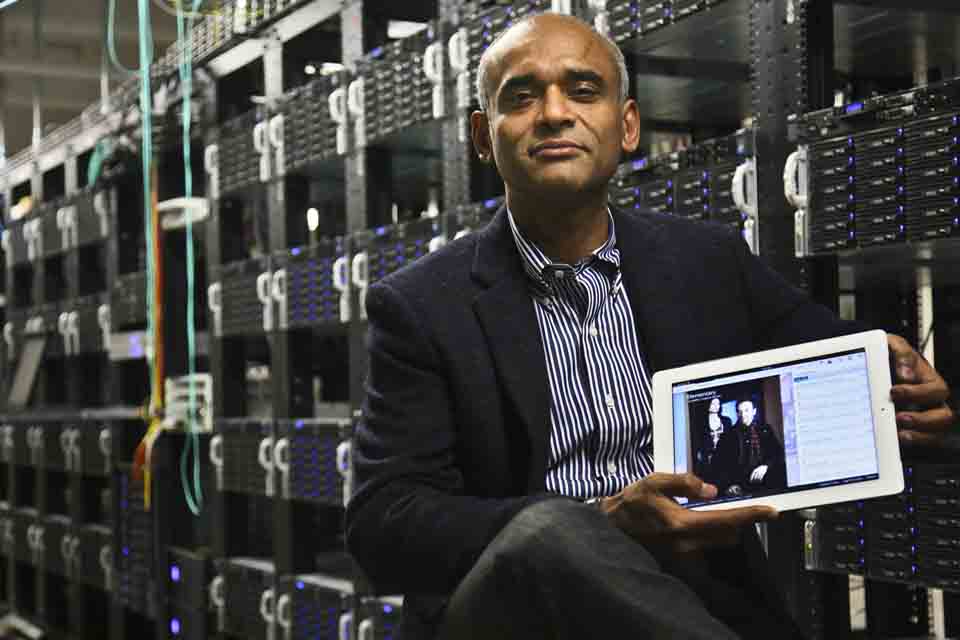Advertisement
The Supreme Court On Aereo And The Future Of TV
ResumeThe Supreme Court looks at Aereo, the little startup that could cut your cable cord and up-end TV as we’ve known it. We look at the battle. Plus: a state ban on affirmative action in college admissions is upheld. We'll examine the implications.

The Supreme Court, in the thick of things yesterday on broadcast rights and on race. In the land of television, the court took up the case of little Aereo, the start-up that wants to capture broadcast television on lots of dime-sized antennae and move it on to you for a fee. Let you cut the cable cord and skip the ads. Is that theft? Is that innovation? The high court was struggling yesterday to discern. On affirmative action and racial preferences in college admissions, the court said states can decide to say no. The dissent was blistering. This hour On Point: broadcasting, affirmative action, and the high court.
-- Tom Ashbrook
Guests
Liana Baker, media industry reporter at Reuters. (@LianaBaker)
Michael Carrier, professor at Rutgers University School of Law. Author of "Innovation for the 21st Century: Harnessing the Power of Intellectual Property and Antitrust Law." (@profmikecarrier)
Eleanor Lackman, partner at the law firm of Cowan, Debaets, Abrahams and Sheppard. (@EMLackman)
From Tom's Reading List
New York Times: Aereo Case Will Shape TV's Future — "As a matter of copyright law, television programs can be shown only by those who have that right or a license to do so. That’s why bars and hotels must pay a fee for the programming they show on their televisions. And broadcasters say that Aereo is similarly a middleman that should pay for what they consider a public performance."
The Wall Street Journal: Broadcasters Don't Own the Airwaves -- "The deal has paid off handsomely for both broadcasters and citizens. Americans have enjoyed the ability to watch all sorts of programming from the comfort of home, beamed through the air free and delivered into the living room by an antenna. Broadcasters, meanwhile, built large enterprises, earned billions, and became even richer after convincing Congress in the 1990s to empower them to extract additional fees from cable and satellite companies."
USA Today: Wolff on the battle over Aereo: Diller vs. Moonves -- "Curiously, the two faces of the dispute are both old television guys. On the one hand there is Barry Diller, who made his career first at ABC, then as the creator of the Fox Network (both ABC and Fox are plaintiffs in the Aereo suit), and then as the owner of USA Networks. His present company, IAC, which holds a wide variety of digital businesses, is an investor in Aereo."
Affirmative Action Ban Upheld At The Supreme Court
Joshua Thompson, senior staff attorney at the Pacific Legal Foundation. (@JPTizzle)
Theodore Shaw, professor at Columbia Law School.
Detroit Free Press: Schuette: Supreme Court 'made the right call' on affirmative action — "Tuesday’s ruling was the latest milestone in a decades-long conversation about the use of race in deciding who can attend Michigan’s public universities, a conversation marked by protests in the streets of Ann Arbor and previous Supreme Court rulings."
This program aired on April 23, 2014.